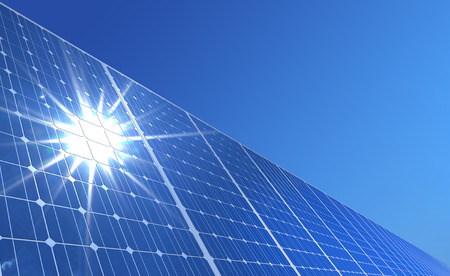Graduate student, Kathleen D. Nay is working towards her master’s in Urban and Environmental Policy and Planning at Tufts University.
For her thesis, Nay decided to focus on the potential conflicts and synergies of both preserving farmland for agricultural use and utilizing the land for solar development.
View the memorandum and full thesis by clicking on the buttons below.
Massachusetts is both striving towards a strong agricultural economy in the region and fulfilling their commitment to the SMART program.

This dual use of land holds many benefits for solar developers, farmers, and in general, the communities they inhabit.
Nay urges that though it may seem as though the two projects—farming and solar development—may seem like they’re competing for the same land, that is truly not the case.
Solar development does have the ability to expand farmland
By developing solar arrays that, structurally, could allow for agricultural use of the land as well, this renewable energy could enhance the success and viability of farm business and help to increase the number of acres in farming across Massachusetts.
Read Nay’s memorandum for a brief overview of her research conducted to discern the conflicts and synergies of these two compatible uses of land.
Then we urge you to read her thesis submitted to Tuft University, where you can learn more about the farmers and solar developers that she was able to speak with in Massachusetts.
We at Pope Energy, were lucky enough have the opportunity to speak with Nay and give our thoughts on not only preserving farmland through solar development but expanding it.
